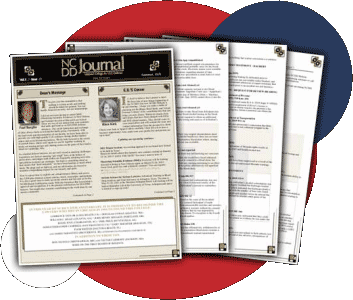- The ABA’s Concise Guide to Lawyer Specialty Certification
- The Benefits of a Lawyer Being a Board-Certified Specialist
- Benefits to Become Board Certified - ABA Video
- Board Certified Members
- How to Become Board Certified in DUI Defense Law
- Apply for Certification
- Apply for Re-Certification Renewal
- Board Certified Senior Specialist
- Rules Governing Board Certification
- Preparing for the Exam
Going Against the Government's Adminstrative Scheme
Posted on November 23, 2018 in Uncategorized

When decisions are made behind closed doors, it's that much harder to get your hands on the evidence of impropriety in the decision making process. That's what happened with British Columbia's drunk driving scheme. When we finally got the evidence that Administrative Adjudicators were being told how to decide cases, we went to use the evidence for the benefit of our clients. The Government then sued us to force the truth back into the shadows.
Last week we received our decision in BC Supreme Court. It's ground breaking because for the first time we have the evidence of what's been going on in the backroom. We have communication between government officials telling adjudicators how to decide cases for political ends.
For us our 6-year struggle is just getting started. How do the citizens feel when their justice system is put in a secret tribunal with the government pulling the strings?
We've finally got the evidence. You can find out how we got it here: really Big IRP News Coming
Find an Attorney
Enter your city, state, or Zip code below to locate a qualified attorney who has demonstrated a commitment to defend those accused of DUI and related crimes.








